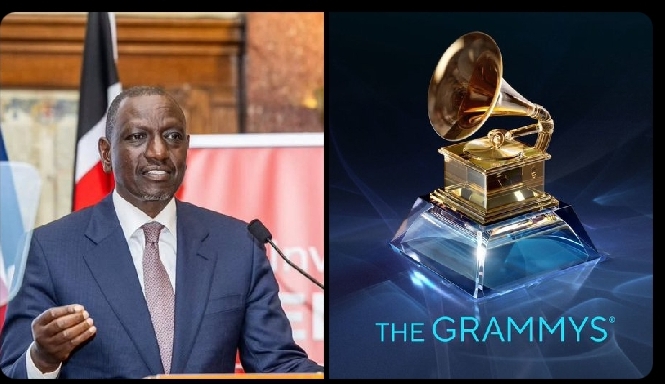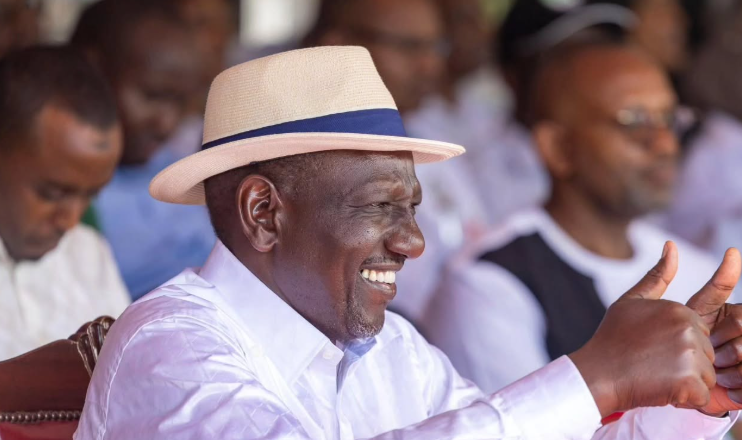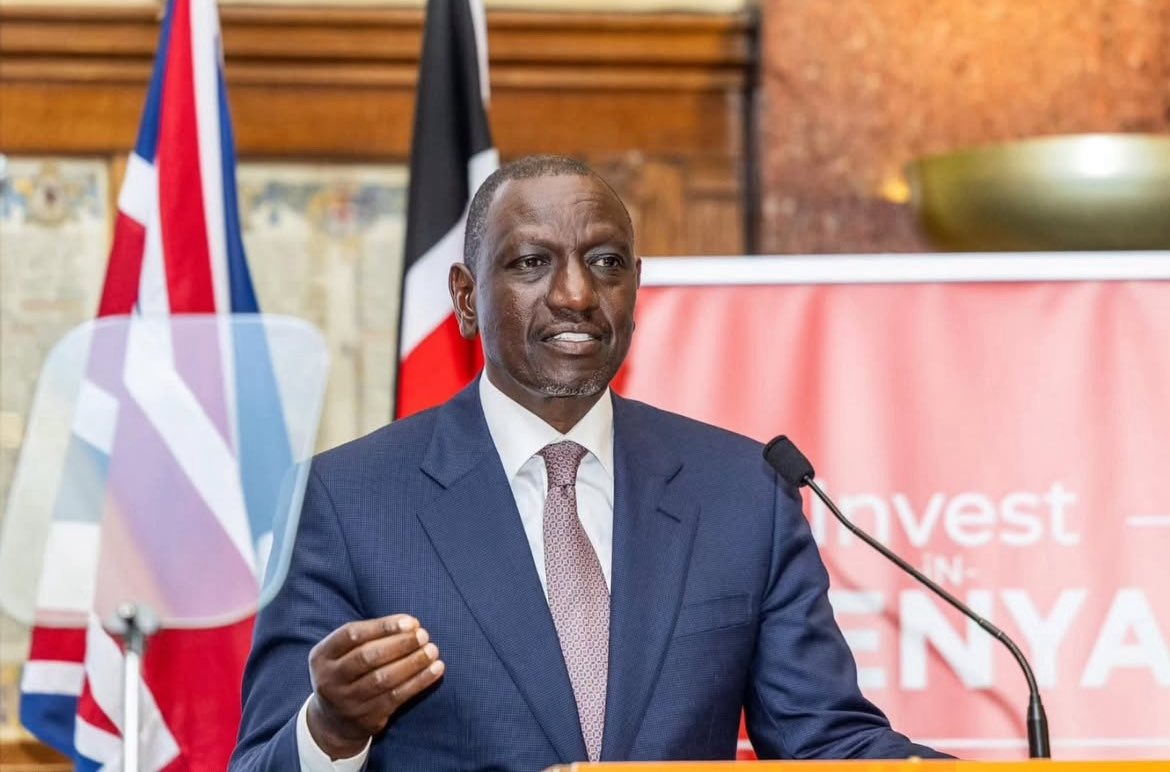President Ruto says move will boost Kenya’s creative economy amid public debate over spending priorities
Kenya has announced a landmark investment of $3.9 million to host the first-ever Grammy Awards in Africa, positioning Nairobi as the host city for this historic event. President William Ruto confirmed the development, framing it as a strategic initiative to boost the country’s creative economy and elevate Africa’s presence on the global entertainment stage.
“By hosting the Grammys, Kenya seeks to showcase its vibrant cultural scene and strengthen its creative economy,” said President Ruto during the official announcement.
The investment is part of Kenya’s broader cultural development agenda, which includes plans to build world-class music production studios, develop local talent, and promote African artists globally. The government aims to transform Kenya into a regional hub for music, film, and the performing arts.
President Ruto emphasized that the Grammy Awards will serve as a springboard for Kenya’s creative industries, attracting international stakeholders and encouraging investment in local talent.
While the announcement has been hailed by many in the creative sector, it has also sparked widespread public debate. Critics argue that the government should prioritize pressing issues such as healthcare, education, and youth unemployment.
“To find out Kenya is struggling with its health care and education sector but poor leaders prefer to spend taxpayers’ money on nonsense! Africa is in the hands of bad leadership 😡,” one social media user posted.
Some questioned Kenya’s readiness to host such a prestigious event, suggesting that countries like Nigeria, South Africa, or Ghana—with more established music industries—might be more suitable hosts.
“You can pay to bring attention to your country, but do you have what it takes to maintain it? Leaders should rather invest in schools, hospitals, and empowering the youth,” another critic
Despite the criticism, many supporters believe the move could transform Kenya’s entertainment industry, foster job creation, and provide a platform for African artists to gain global exposure.
“This is an opportunity for Kenya to lead Africa’s cultural renaissance,” said one local music promoter. “It’s time the world sees what African creatives are capable of.”
The Grammy Africa event is expected to draw international celebrities, producers, and investors to Nairobi, with potential long-term benefits for tourism, infrastructure, and cross-border collaborations in the creative sector.
As planning progresses, all eyes will be on Kenya to see whether this bold investment will translate into meaningful growth for its cultural economy—and if it can silence the critics by delivering real impact for its people.









